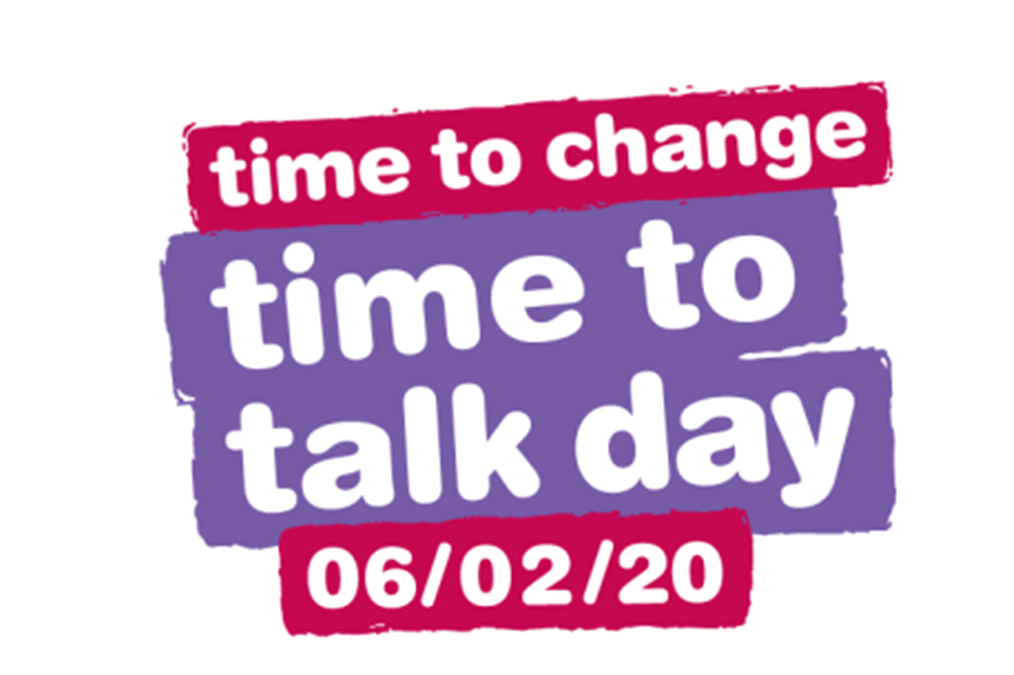It's Time to Talk Day and, therefore, a great opportunity for the social work profession to consider how it can support this brilliant and positive event to reduce the stigma around mental health and engage with people experiencing mental distress – wherever they may be.
Mark Trewin, Mental Health Social Work Lead in the office of the Chief Social Workers for Adults here at the Department of Health & Social Care explains why this day matters to institutions as much as individuals.
 Signing up to positive change
Signing up to positive change
A proud moment for me, when I was based at Bradford Council, was working with the chief executive, senior officers and the mental health champion lead councillor to sign up to Time to Change. It was a significant moment for a large local employer and commissioner of public health, mental health and social care services.
Like many councils and other large organisations, we could see the advantages of using our resources to reduce stigma around mental health for both the local people we served and for the staff we employed.
One of the themes for this year’s Time to Talk Day is around having positive conversations with people at work or in our communities. This aligns well with the theme for next month's World Social Work Day.

People engage people
This is all about the power of human relationships. Social work with adults is at its most transformative when engaging with people, having powerful conversations, listening to people who use services and working to engage with people, families and communities.
At the heart of this approach is active listening to individuals in our communities who need our support, and recognising the strengths and resources they have and their wishes for the future.
As social workers, we work with a wide range of people of course. Older people, people with autism, brain injury or physical health issues, and those with learning disabilities. They can all experience mental health issues – but sometimes they find it hard to express this, or the people around them miss or misinterpret the signs due to the other needs they may have.

The most important conversations you may ever have
With so many people who attempt suicide not being known to mental health services, the power of positive conversations based on respectful listening can make a difference for a person looking for help and support.
Another aspect of social work is the ability to use the power of personalised care and support planning to provide access to small but significant packages of care that make a real difference in peoples lives.
Providing this kind of access to community support and services helps reduce levels of isolation, depression and even physical illnesses.
Finally, social workers, together with public health colleagues in Local Authorities, are experienced in the social aspects of mental health. Poverty, poor housing, lack of access to leisure facilities and open spaces all make a difference to people’s mental health and sense of wellbeing.
On Time to Talk Day let’s do what social workers do best and encourage others to do the same. Whether it’s talking to our colleagues in local health and care services about access and provision, or to someone in the midst of a mental health crisis – let’s have those critical conversations.
Let’s use our vast reserves of empathy, compassion and respect to support, strengthen and embolden those we seek to help to make the best decisions they can - for themselves and those around them.